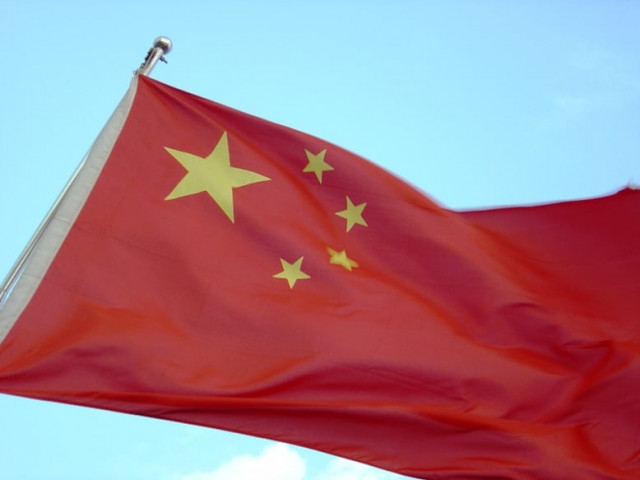China announces 10.7% increase in defence spending
China plans to raise its defence budget by 10.7 percent to 720.2 billion yuan ($115.7 billion) in 2013.

"For Xi, this increase in military spending is probably an indicator of his taking on responsibility for national security." PHOTO: FILE
The budget increases, the latest revealed at the start of the annual session of the national parliament, have triggered concern in Asia and Washington, with experts saying actual totals are substantially higher than those publicised.
But for China, the People's Liberation Army (PLA) -- a separate but closely linked centre of power to the ruling Communist Party -- is vital amid rising tension with neighbours and the US's renewed focus on Asia.
Since taking charge of the party and the country's top military body in November, incoming president Xi Jinping has exhorted the armed forces to boost their war-fighting abilities and loyalty to the party.
He has reportedly also taken charge of a secretive civilian-military group responsible for strategy in maritime disputes, particularly with Japan, and made a series of high profile visits to military units.
"This is Xi Jinping's first term and right now the security situation around China is rather tense and there's the US 'pivot' toward Asia and other issues," said Peking University security expert Zhu Feng.
"For Xi, this increase in military spending is probably an indicator of his taking on responsibility for national security."
China plans to raise its defence budget by 10.7 percent to 720.2 billion yuan ($115.7 billion) in 2013, said a government report that will be reviewed by the country's rubberstamp legislature, the National People's Congress.
In a speech to the parliament, Premier Wen Jiabao elicited loud applause when he said: "We should accelerate modernisation of national defence and the armed forces so as to strengthen China's defence and military capabilities.
"We should resolutely uphold China's sovereignty, security and territorial integrity and ensure its peaceful development."
The pace of the budget increase represents a slight slowdown from the 11.2 percent announced in 2012 and 12.7 percent the year before, but is part of a trend of substantial rises that have come alongside strong economic growth.
Zhu said the slight drop signalled that "Beijing doesn't want to give an impression that China is coming to some sort of re-arming process with full energy".
But overall, he said, "I see quite little change. The double-digit rise is always there."
The increases are a particularly sensitive topic in neighbouring countries, who say China is taking a more assertive stance on long-simmering territorial rows.
In Tokyo, Japanese Foreign Minister Fumio Kishida said the government "intends to continue watching China's defence policy and its military strength closely", Kyodo News reported.
Beijing and Tokyo have both scrambled jets near disputed islands in the East China Sea administered by Tokyo but claimed by China. Beijing is also at odds with Southeast Asian countries over islets in the South China Sea.
US analysts have also accused the PLA of running sophisticated large-scale hacking operations targeting American companies, with Washington expressing concerns.
Beijing denies such claims but tensions over the issue spiralled in recent weeks after an American security firm issued the most detailed report yet on such attacks.
China began revamping the PLA -- a one-time ragtag peasant force formed in 1927 by the Communist party -- after a troubled 1979 incursion into Vietnam.
Last year the navy took delivery of its first aircraft carrier, the Liaoning, and it has also developed stealth fighter and anti-satellite capabilities.
Arthur Ding, an expert on China's military at National Chengchi University in Taiwan, said that the defence budget increase was not surprising given the country's rapid economic rise and upgrading of its armed forces.
"On the one hand, China's economic growth rate is able to afford such double-digit growth," he said.
"On the other hand, across-the-board modernisation and development of defence systems... require massive investment," he said, citing warships, jet fighters, the aircraft carrier and an anti-satellite system.
On Monday NPC spokeswoman Fu Ying said that China's military policy had always been "peaceful and defensive".
"It seems China has to explain every year to the outside world why we should strengthen national defence and why we should increase the military budget," she said.



















COMMENTS
Comments are moderated and generally will be posted if they are on-topic and not abusive.
For more information, please see our Comments FAQ